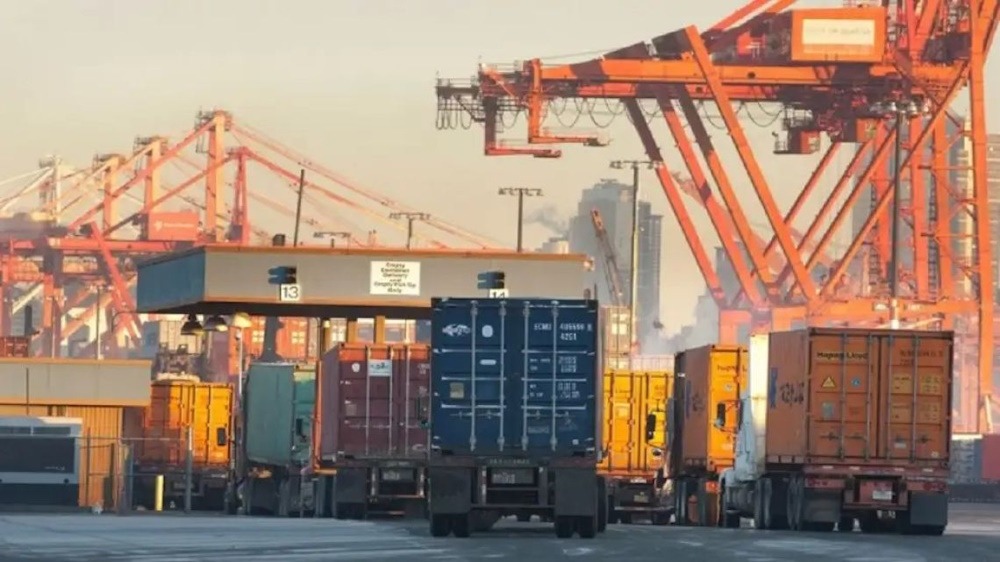The European Union is intensifying its initiatives to finalize a proposed trade agreement with Mercosur nations by year-end, following the introduction of safeguard measures aimed at addressing the concerns of France and other hesitant member states. On Wednesday, the European Commission released the final text of its free-trade agreement with the South American economies of the Mercosur bloc, incorporating a mechanism designed to safeguard European agricultural producers. Under the proposal, an investigation will be initiated if the volume of imports from Mercosur countries rises by 10 percent or if the prices of agricultural commodities decline by 10 percent.
“We had very, very intense exchanges with representatives from the farmers’ community,” stated EU Trade Commissioner Maros Sefcovic during a press conference in Brussels. “We aimed to ensure that all necessary precautions and safeguards were established to reassure every member state and agricultural community that this agreement is beneficial for all, creating opportunities for everyone.” The agreement requires ratification by the European Parliament and must secure a qualified majority among its 27 member states. French government spokesperson Sophie Primas informed reporters that officials in Paris must evaluate the commission’s proposal; however, she expressed approval of the safeguard measures and remarked that France’s initiatives had “enabled a number of European countries to rally behind the serious reservations we had.” Polish Prime Minister Donald Tusk stated on Wednesday that his country will oppose the deal, yet he noted that “there are no partners to block it at the moment.” He stated that although Mercosur is likely to be approved by a majority vote, “we will not rest until these protection mechanisms come into force.”
Tusk is scheduled to engage in discussions regarding the matter with Macron during a meeting of defense allies in Paris on Thursday. The European Union and the Mercosur countries—Argentina, Brazil, Uruguay, and Paraguay—finalized discussions on a preliminary agreement in December, concluding over twenty years of negotiations. The ratification of the agreement would establish an integrated market encompassing 780 million consumers, thereby offering a significant enhancement to the EU’s struggling manufacturing sector and Mercosur’s extensive agricultural industry. However, nations such as France express concerns regarding the agreement’s implications for the agricultural sector in Europe. France contends that this would subject European farmers to inequitable competition from their South American counterparts, who operate under less stringent regulations.
Ireland has voiced its criticism, while Italy has indicated that it would not endorse the deal without additional assurances for its agricultural sector. European car exporters stand to gain from the incremental elimination of the existing 35 percent tariffs. Furthermore, the elimination of Mercosur duties on industrial products such as car parts, machinery, chemicals, clothing, and textiles will benefit EU exporters. According to commission estimates, EU exporters are projected to save in excess of four billion euros annually in duties. The EU will, in exchange, provide restricted access to agricultural products from that region, encompassing certain sensitive agri-food items like beef, poultry, and sugar. The EU has indicated a revitalized focus on establishing new trade agreements with countries such as India, Indonesia, and Thailand, aiming to reduce reliance on the US, which has imposed trade tariffs on the bloc. On Wednesday, it also disclosed particulars of a trade agreement with Mexico.
The Mercosur agreement would enhance the EU’s presence in a region where China has become a significant industrial supplier and the primary buyer of commodities.The agreement will additionally advantage Brazil, which stands as the largest economy within the Mercosur bloc. President Luiz Inácio Lula da Silva has been a prominent advocate for the agreement since assuming office in 2023. Agriculture-related exports to the EU are projected to increase by US$7.1 billion from 2024 to 2040, as reported by the country’s Institute of Applied Economic Research.

